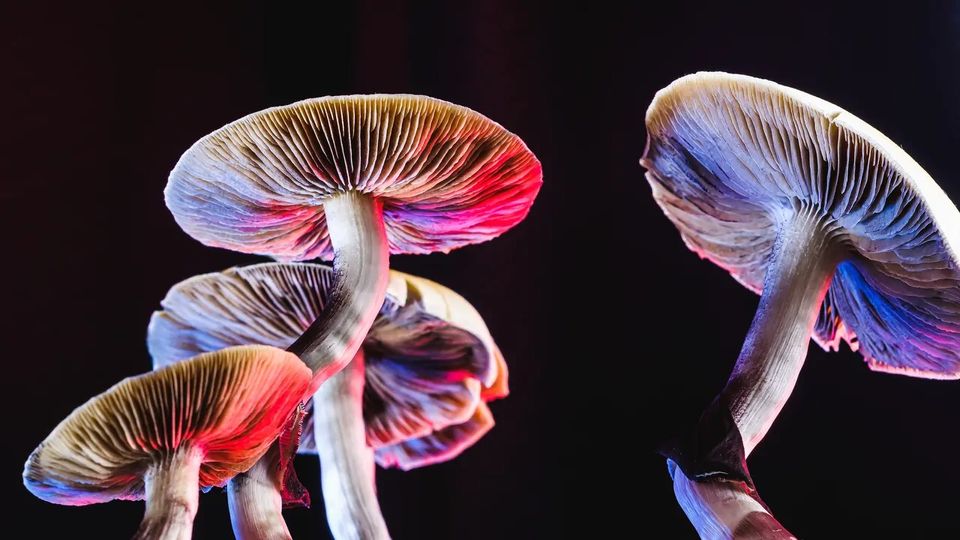Exploring Psilocybin as a Treatment for Depression: Promising Yet Cautious
Introduction
Recent research delving into the therapeutic potential of psilocybin, the psychoactive compound found in magic mushrooms, presents compelling evidence suggesting its efficacy in alleviating symptoms of depression. Through an analysis of seven trials involving 436 participants, researchers have uncovered noteworthy improvements in depression scores following psilocybin treatment, surpassing conventional controls and showcasing a substantial effect size.
Key Findings
The comprehensive review of seven randomized controlled trials highlights the superiority of psilocybin over standard controls in ameliorating depression symptoms, as evidenced by a significant enhancement in depression scores with a remarkable effect size (Hedges’ g of 1.64). This outcome underscores the promising trajectory of psilocybin as a potent antidepressant alternative.
Implications and Caution
While the findings are encouraging, they underscore the imperative for further exploration to elucidate the nuances surrounding psilocybin’s treatment efficacy for depression symptoms. The study emphasizes the necessity for a cautious approach in its clinical application, given the prevailing limitations in diverse participant representation and comprehensive impact assessment.
Conclusion
The study’s revelations position psilocybin as a formidable contender in the realm of depression treatment, offering renewed hope for millions grappling with this debilitating condition worldwide. However, a prudent stance is warranted, as the need for additional research persists to refine our understanding of psilocybin’s therapeutic potential and optimize its clinical utilization.















































